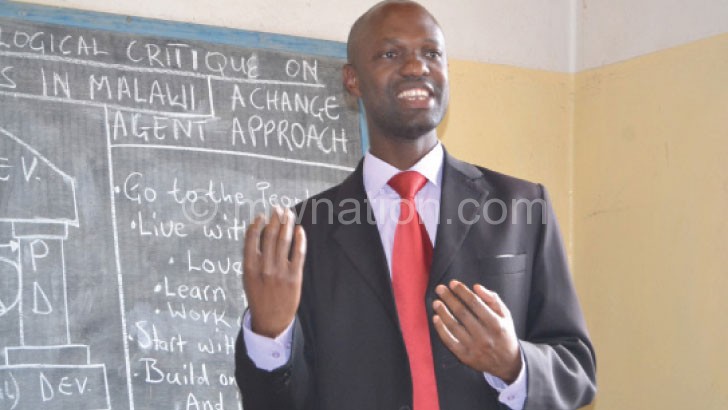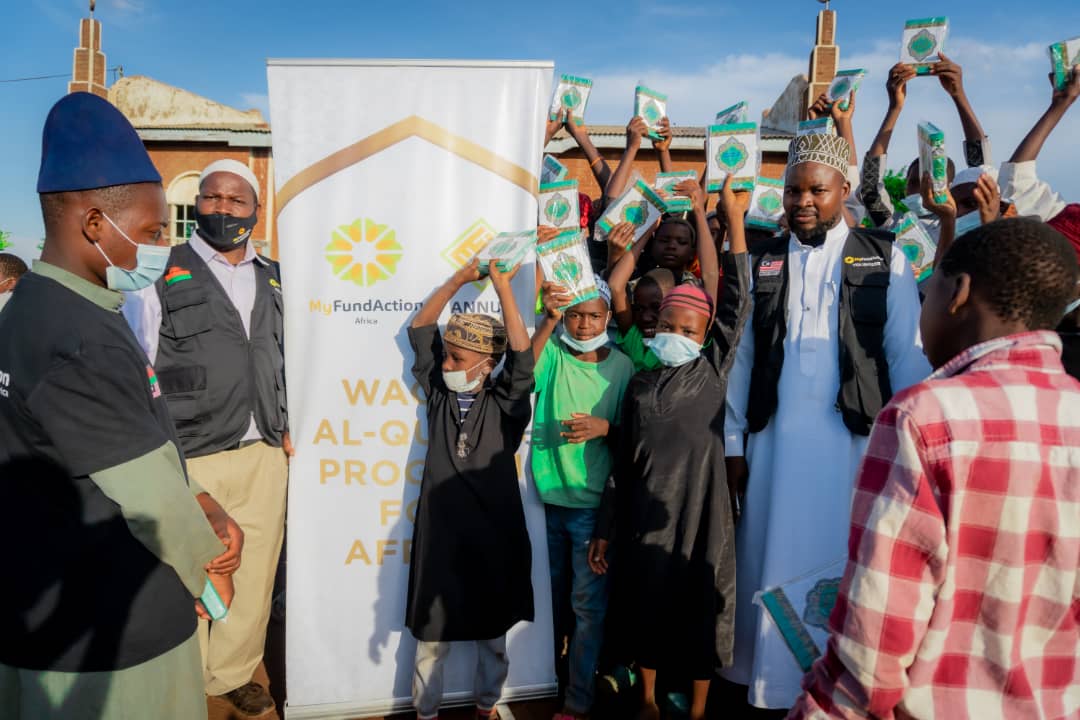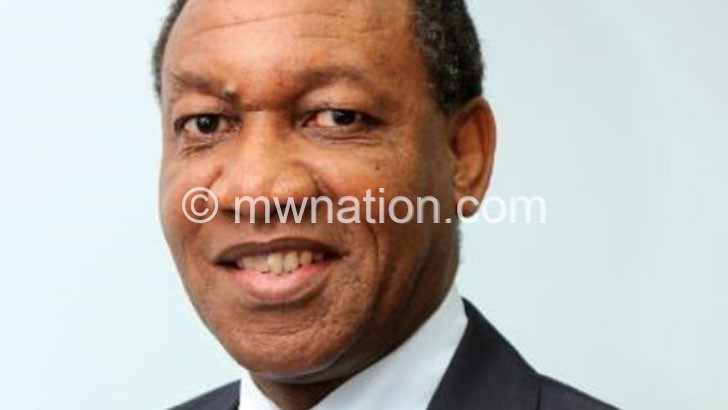Pastor Phiri retires as EBCoM principal
Church ministers are trained to serve the Lord in the church and society with faithfulness and competence are the key principles of training church ministers. Pastor Michael Phiri is the outgoing principal of Evangelical Bible College of Malawi (EBCoM) and he shares his work experience at the college with JAMES CHIMPWEYA.
How long have you served as EBCoM principal?
I have served as principal of the college for two three-year terms. I joined EBCoM as full-time lecturer on December 1 2005 and became principal on January 1 2010. My second and final term ends on June 30 2016.

What would you classify as your achievements in these two terms?
I sincerely praise God for what He has accomplished in the college during my time as principal. The college maintained the balance between ministerial formation and academic excellence. This treasured balance is one of the hallmarks of the college. The college also established helpful partnerships with organisations such as Theological Book Network (TBN). Moreover, there is a good number of prospective partners, one of them being Overseas Council International (OCI). Groundwork has been laid for registration with the National Council for Higher Education. I hope the process will continue and the college will ultimately be registered with NCHE. Principally, I rejoice to see graduates of the college serving the Lord in the church and society with faithfulness and competence.
What challenges did you encounter and how did you manage to deal with them?
One of the challenges encountered was managing the college in tough economic times. The challenge was addressed by developing cost-effective measures which helped the college to maximise income and reduce expenditure. The college embarked on investment with Old Mutual, which is proving profitable. More plans, including building of flats on campus and diversification of programmes are still under consideration. I have learnt to meet challenges head-on. I got inspiration from Nehemiah, who did not retreat in the wake of tremendous challenges—for instance, chapter 4—posed by Sanballat and others. I have learnt to trust in God’s faithfulness and might.
When you became principal of EBCoM, what was the enrolment like? Where is it now?
Enrolment went down to alarming levels over the past few years in both regular and extension. It has now picked up to around 160 in both modes. The college developed the marketing strategy of introducing ourselves to newer and locally-founded churches and a significant number of students are coming from such churches. To further increase enrolment, diversifying programmes and introducing innovative ways of offering quality theological education in this age of technological advancement could help.
How will you remember your stay at EBCoM?
I will live to remember times of prayers and other gatherings with fellow staff and students. The times were joyful and edifying to me. The coming together in God’s name was in line with the scripture in Psalm 133.
What courses did you introduce, which you think should continue?
Bachelor of Divinity was introduced in 2013 and the students graduated in 2015. Meanwhile, the University of Malawi (Unima) team visited the college and we are awaiting its direction on how we should proceed. Plans are underway to introduce Bachelor of Theology once the college is registered with the National Council for Higher Education.
What is your vision of theological education in Malawi?
Theological education should equip people to relate God’s eternal truths to contemporary ecclesiastical and societal matters as the German theologian Wolfgang Huber said: “Good theology connects that which is enduringly important with what is currently urgent.” That calls for enhancing theological research and the publication of internationally accredited journals. Theological colleges and departments should be the think-tank providing theological direction to churches and the nation.
The publication of Religion and Culture by Mzuzu University and Religion in Malawi by Chancellor College is a step in the right direction. We need more of such journals. There should be fora (theological conferences, etc) to foster theological engagement with existential matters such as poverty, global warming and refugee crises affecting Africa and the globe.
Additionally, the place of biblical and dogmatic theology, including biblical languages (Hebrew and Greek) should be emphasised in theological colleges and universities to ensure that theological students are conversant with the foundations. Graduates of those institutions should be prepared for God’s mission in its integral sense.
Are you leaving the position a happy person? What next?
Of course, I am leaving the position of principal a very happy man because I have seen God lead it through tough situations to where we are now. I will continue lecturering at the college while pursuing my doctoral studies in Systematic Theology at Stellenbosch University in South Africa. n





